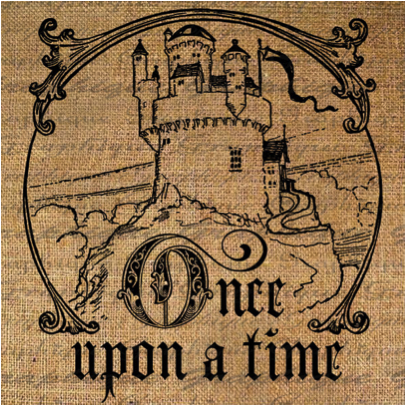Gloaming is blue and ethereal, with fine flakes of winter shrouding my valley in quiet. The windowpanes in my little cottage are frosted 'round the edges, as I've been simmering a lentil stew and braising some cabbage for dinner later.
Today has been rather quiet, stillness only broken by the scraping of the snow plough and some shovelling...and the occasional tramp of boots on the stone stairs outside my cosy home. I'm grateful for the quiet space to reflect and pray (and sleep in, after a week of late nights). I'm thankful for my cup of Himalayan Bouquet tea with wildflower honey as I cuddle up in my softest, long grey sweater to watch the snow fall.
I'm grateful for the foggy, snowy weather, which calms and quiets my soul so that I can come to the Lord in prayer and meditation. And I am so very thankful that the Lord hears me when I cry out to Him. He hears my recent confusion, my aches, my joys, my fears, my hopes. He hears my confessions, my uncertainties, my desires—the ones that so often pull against one another, tearing me to pieces.
My whole life feels like it's been one series after another of deep desires that pull me in contradictory directions. I thought everyone felt this way, but it turns out, they don't. At least, not all the time or maybe even most of the time. This constant struggle being unique to me and people like me was revealed when I learned my mindstyle: being equally task-oriented and people-oriented. Most people tend to be more one or the other, but not me. It makes work a challenge at times—especially working with other people. And when I'm with people, I can multitask (do the dishes, play games, etc.), but I can't both work on a project with them and also give them my undivided attention. The reality is that what I want most is to sit side-by-side and listen deeply, to share intimately.
While it was immensely frustrating to discover these equal and opposite mindstyles were at war within me, it made sense of many situations and seasons in life—and explained why I get burnt out on work or people. It's been four or five years since this revelation and I feel like I'm still not good at figuring out my balance, at walking with both the left foot (people) and the right foot (tasks), one after the other in rhythm.
The issue is further complicated with God. I love learning about the bigger picture of the Bible and the themes God has woven into His world and His works from the beginning of time. I love it when I finally make a big picture connection myself. But I find myself doing one thing or the other, not both at once: I either read Scripture slowly and methodically, gleaning details or I don't read it at all and listen to others who help me see the big picture. I've done the detail-gleaning most of my growing up life, even into my twenties. I've only begun the big picture learning since entering my thirties.
In hindsight, I wish these processes had been reversed. I wish I'd known the big picture of God and His story when I was little, filling in the details as I grew and matured. Because when you've been digging up little artefacts for your formative years and you don't know where they go or how they fit together, you do some weird cobbling together of those pieces. You may make a beautiful mosaic or a grotesque image of God, but you will have to take it all apart to put things together in the way they are supposed to go, not how you decided they should go. And how do we (I) do that if we don't know the nature, character, and love of God?
No one person can see God, His world, or everything in Scripture rightly and thoroughly at once. That is one of the many reasons God put us together in a body, in community—both with Himself and with others. This is why we need to read Scripture communally, but also individually (where we can read and absorb at our own speed).
I've been in a rather long season now of studying the Word in community (both at church and in Bible studies), but now comes the point where I need to jump back in to also reading daily to re-familiarise myself with the words, phrases, and details. They go hand-in-hand. While I love both the details and the big picture, I need a lot of help from intuitive and perceiving people to see the big picture. I don't naturally have that vision. I see the trees, not the forest. And that has SO many positive outlets and uses, but I need to see the forest, too. Just like I need to learn to balance tasks and developing relationships, not at the exclusion of one or the other.
It's easier to learn photography basics in black and white, learning about shadows, shapes, and composition. But when you add colour, it's a whole new field. Both mediums are beautiful. But you can use either and fail in composition, clarity, or depth. You can fail to tell a story—you have to have an informed, intuitive eye for that.
Dichotomies are hard for me. I understand black, I understand white. Where gradations and colours fit in is where I need God and other people to help me imagine. To see truly. When I can't see beyond my own confusions, conclusions, and projected outcomes there is God, holding out truth, light for the path, and hope. Colours. Stories. Pieces of the whole...and the whole story, too.






